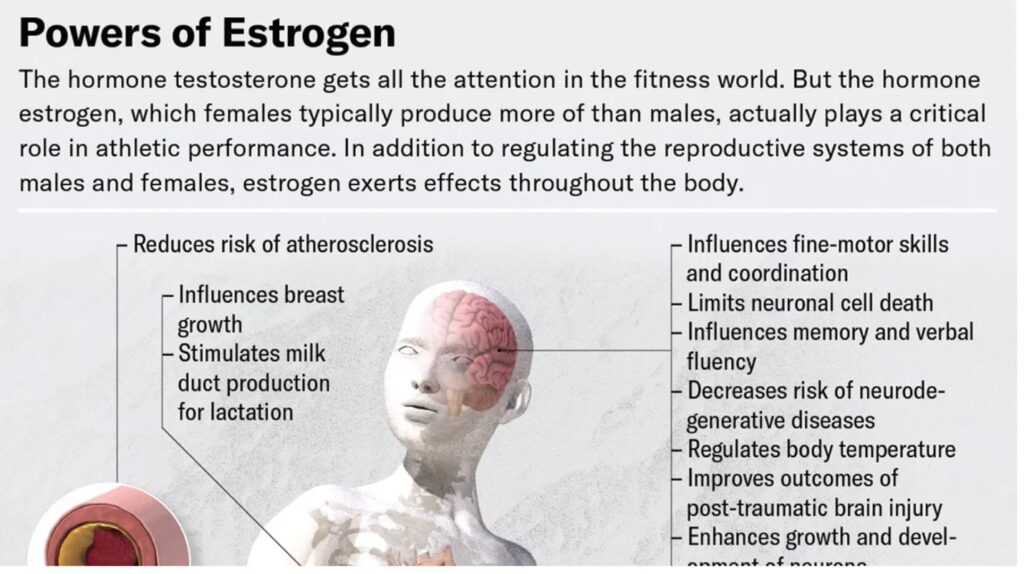The CRRC Data Initiative (DI) gives people an opportunity to do interesting cross-country comparisons of the South Caucasus (SC) people’s attitude toward their neighbors. This subject is quite sensitive and complex when thinking of the fact that the SC stands out for its sequence of ethnic conflicts.
According to the DI, Armenians prioritize doing business with other nations, which is followed by being friends with other nations and the last point is getting married to foreigner. As the chart shows below, 34% of Armenians approve of doing business with Azerbaijanis, 43% – with Turks, 94% – with Russians. As for friendship, Armenians show particular willingness in being friends with Russians (almost 94%), and also, with Americans (84%) and Greeks (83%). You can check the data for Armenians’ attitude toward other nations like Georgians and Iranians as well.
In contrast to Armenians, Georgians’ attitudes differ – they place friendship the highest, 94% of Georgians supports friendship with Russians, 87% supports friendship with Abkhazians; it would be very interesting to know Abkhazians’ attitude towards Georgians. Georgians’ attitude toward Ossetians is the same as with Abkhazians (Friendship – 87%, Business – 82%, and Marriage – 42%).
Attitudes are less mercantile than in Armenia: business comes after friendship, but also with high percentages. Marriage outside one’s people generally is not so popular, although still more than half of the population in Georgia and Armenia support marriage between Georgians and Russians and Armenians and Russians; a fourth of Azerbaijanis support marriage with Russians as well. Despite Georgia’s spats with Russia, Georgians appears to maintain strong positive feelings to the people. Marrying Americans is less popular, by comparison.
For Azerbaijanis, there is no clear difference in preferences for friendship and business. Mostly approval rates tally closely, although they obviously vary between nations. Overall, Azerbaijanis are reluctant to engage with Armenians (1% for all three variables), which cannot be said about Armenians’ attitude towards Azerbaijanis. That may be the logic of grievance, but note that the same cannot be said for Georgians’ attitude toward Abkhazians: Georgians lost the war but approval of friendship, business, marriage remain high. We would like to hear what you think might explain the stark contrasts.
Moreover, Azerbaijanis, similarly to Armenians and Georgians, are positively disposed toward Russians. In order to see whether religion variable controls Azerbaijanis’ attitude toward marrying Russians, we cross tabbed both variables: the data showed that only 6% of Muslim Azerbaijanis who attend religious services ‘every day’ support marring Russians. You might be interested to come up with your own hypothesis on Georgians marring Abkhaz or Turks.
For more details on the topic and/or for other interesting data, check out the DI dataset here. (Also with special thanks to Katy Pearce for suggesting us to look into this.)











